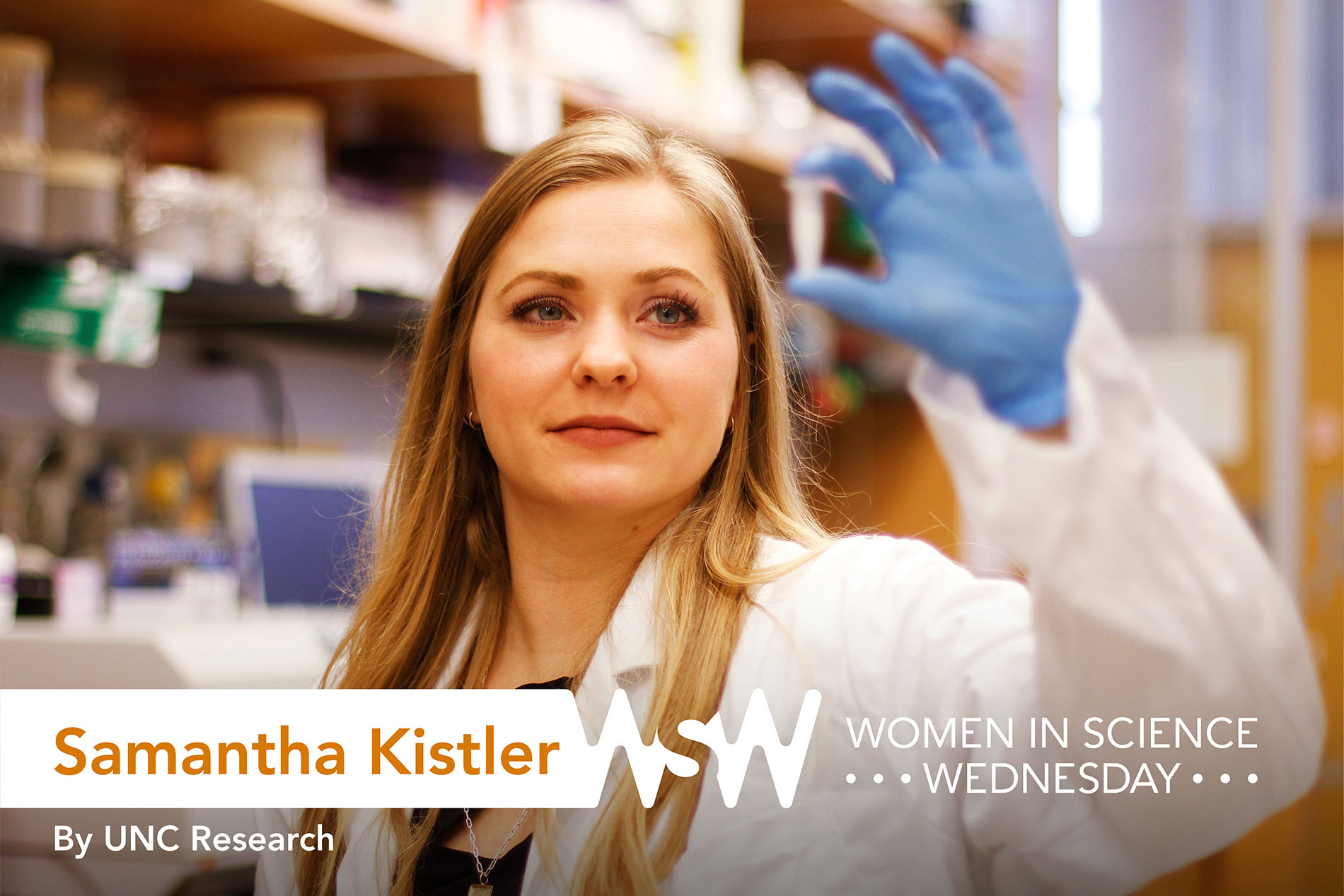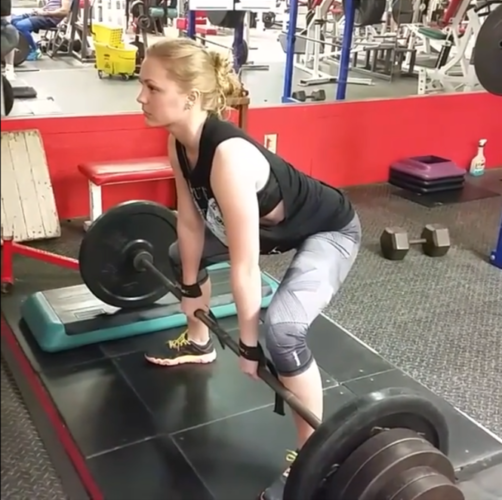When you were a child, what was your response to this question: “What do you want to be when you grow up?”
Describe your research in five words.
“Kicking Ras in the … bottom.”
I always wanted to be a medical doctor. It was weird — because we had no medical doctors in the family or as close friends. It may have been the influence of my sister, who is eight years older than me and wanted to go into the medical field herself.
Share the pivotal moment in your life that helped you choose your field of study.
What really got me interested in the hard sciences rather than medicine was an undergraduate research project that involved modifying a chemotherapeutic compound and evaluating the effectiveness of killing bacteria in culture. I fell in love with science and chemistry during that project — and it shook all of my plans to the core. For kids, I think that being a medical doctor is the “catch all” career for any type of interest in science. As I got to experience true science, particularly chemistry, I realized that my interest was more in those aspects rather than in patient care itself.
Tell us about a time you encountered a tricky problem. How did you handle it and what did you learn from it?
At an international conference, a male professor from a prominent medical school approached my poster presentation and, initially, asked me several great research questions. He eventually diverged from scientific conversation and made some disparaging remarks about how confident I was and how females “don’t do this type of work.” In the moment, I maintained my professionalism and ended the conversation. It would be very easy to retain the anger I felt then and allow it to affect my work and my demeanor or to question my abilities. But I feel more confident than ever in my abilities and in my scientific work.
What are your passions outside of science?
I am always at one extreme or another, either participating in full contact sports, pushing my body to the limits, or I am focusing on my creative side sewing, crocheting, and creating art. These things balance me and are absolutely critical for my happiness and success. Sometimes we get so caught up in the minutiae that we can lose track of the bigger picture. My hobbies and passions give me a better perspective on life as a whole.



